How to harvest marigold seeds – a quick and easy guide for fresh flowers next year
Save seeds from these vibrant beauties with these expert tips, including advice on storage
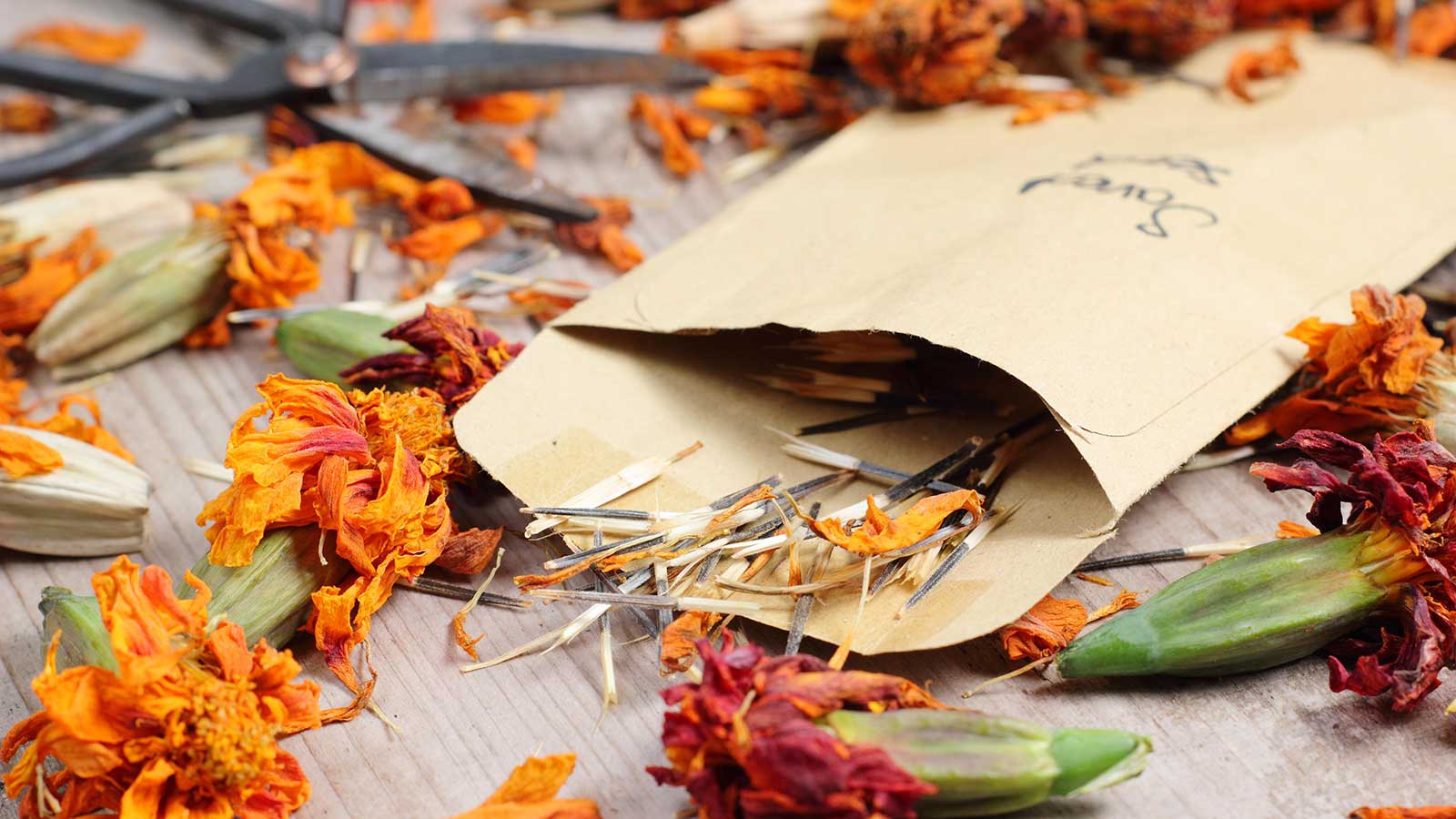

Q: I planted marigolds in containers this year and absolutely love them – they were so easy to grow and add a welcome splash of color to my patio. I'd like to collect the seeds to sow next year, rather than buy new packets. Do you have any advice on how to do this?
A: Collecting seeds is budget-friendly, rewarding, and well worth doing if you want to fill your plot with new plants for free. As Meredith Bishop, a cut-flower grower of Bloom & Bounty, highlights, 'The potential life that one single, dormant seed holds is truly mind-blowing.
'Marigolds are both one of the easiest flowers to grow and easiest seeds to save for future plants,' Meredith continues. But, while it only takes a few steps, it's worth remembering the following tips for the best results.
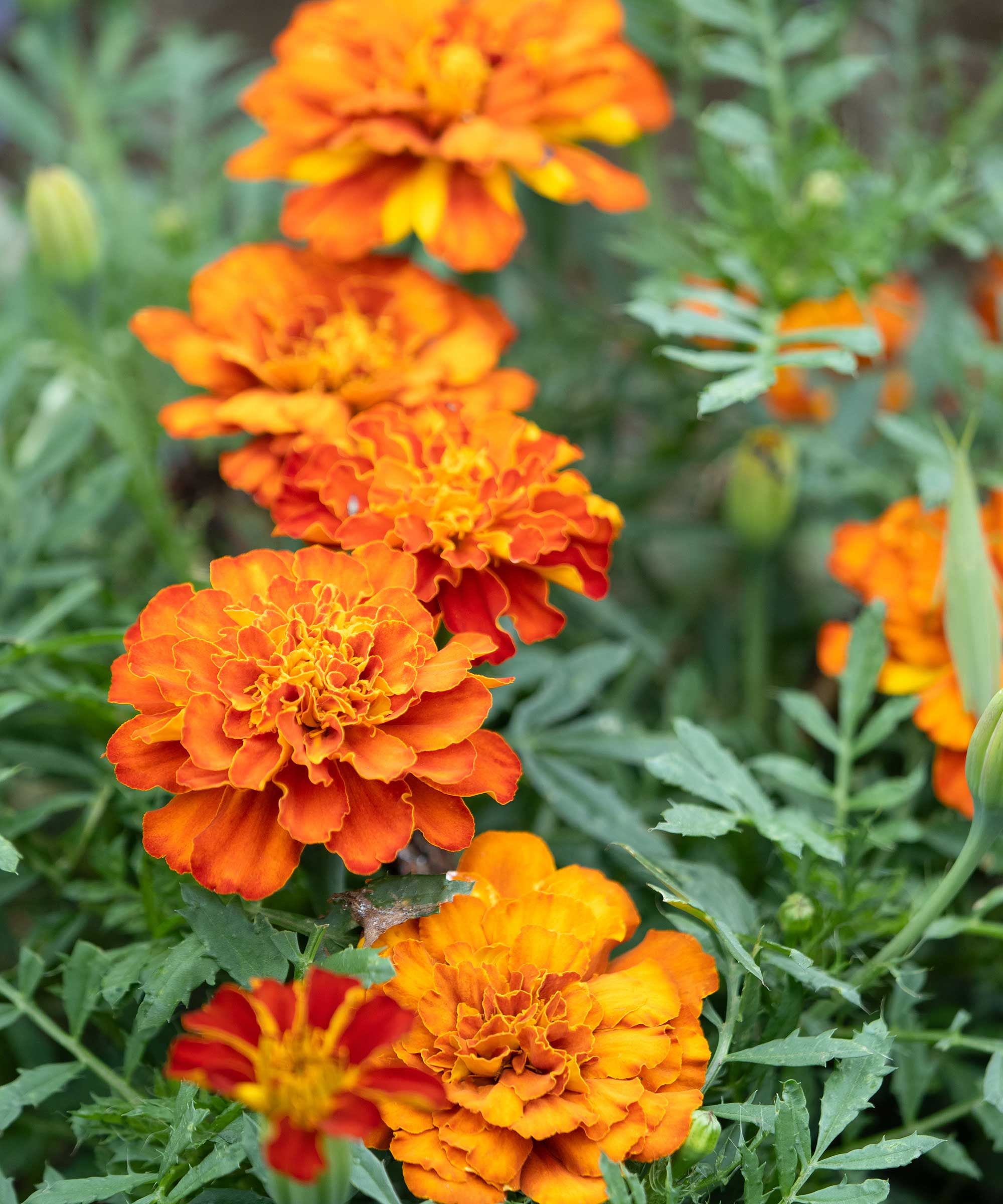
Marigolds add fiery hues to flowerbeds
An expert guide on saving marigold seeds
Whether you plan to sow marigolds for companion planting, container gardening, or to line the front of a flowerbed, this expert advice will come in handy for fresh plants next year.
When to harvest marigold seeds
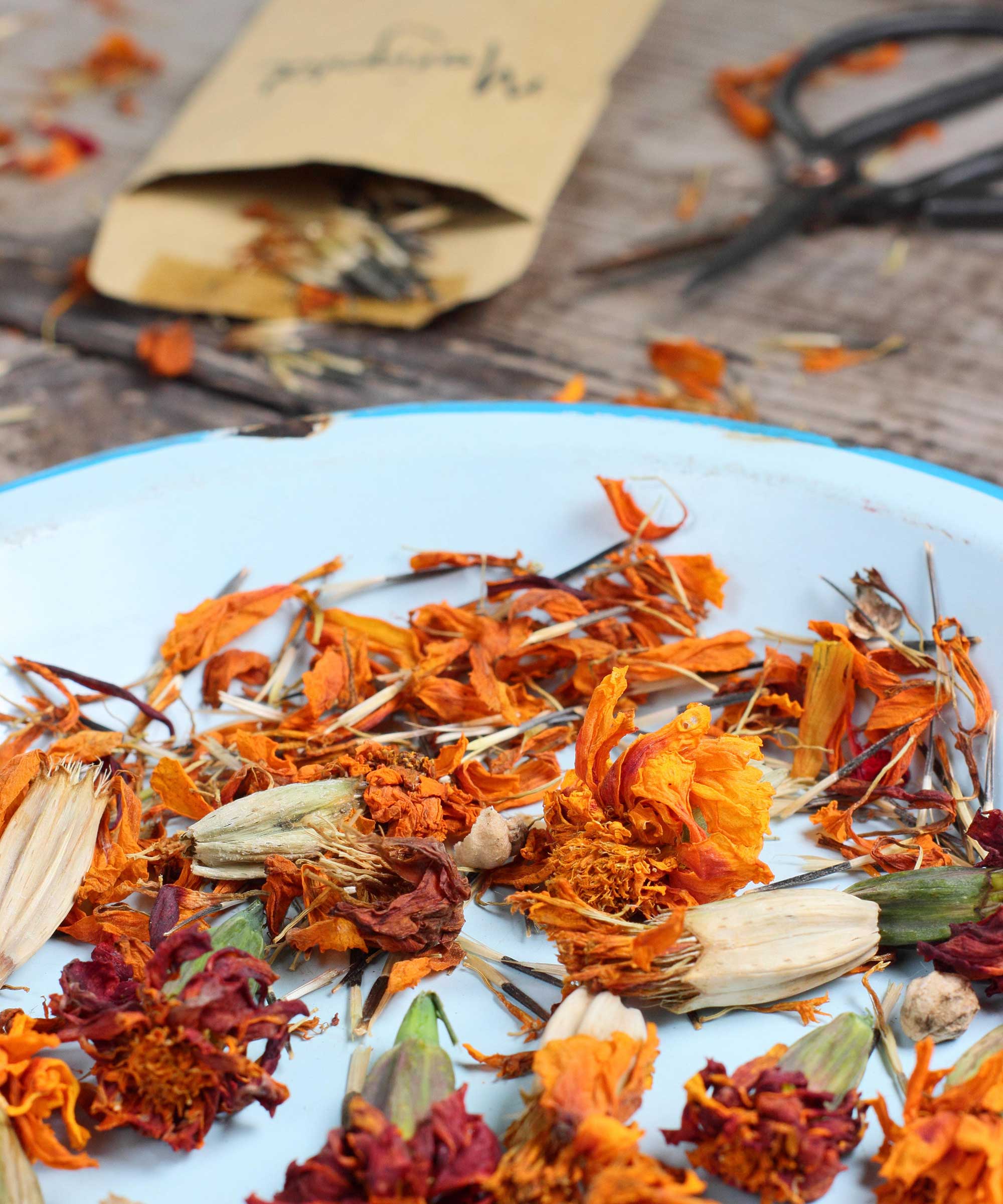
Rather than deadheading, leave spent marigold flowers on the plant toward the end of the growing season
Amy Enfield of ScottsMiracle-Gro says, 'Marigolds will bloom from early summer until they are hit with a hard frost in mid- to late fall. By letting the flowers go to seed in late summer, you make sure you can harvest the seed before the first hard frost.' That means holding back on deadheading.
According to Meredith, marigold seeds are ready to harvest when the spent flower head looks like a brown, dry and 'toasty' pod. 'Harvesting before this point will result in wet, immature seeds which will not germinate,' she warns.
Top tip: When mature, the lower portion of the seeds inside the pod will be almost black, notes Jessica Mercer of Plant Addicts.

Amy has over 25 years of experience in the lawn and garden industry and has been with ScottsMiracle-Gro for 12 years. She has a BS and MS in Horticulture from Michigan State University and a PhD in Plant and Environmental Sciences from Clemson University. She specializes in live goods research with focus areas in consumers performance, lighting, and e-commerce shippability.

Jessica Mercer, PhD, is the senior content marketing coordinator for Plant Addicts. As a plant collector, Jessica enjoys growing many different plants and learning about the best culture practices for each. Writing for Plant Addicts is a real joy for her, as she can use her science background to research interesting plant topics.

Meredith Bishop is an heirloom cut-flower grower in urban Nashville, TN. She operates a design studio called Bloom & Bounty with her organically-grown flowers, and enjoys writing, speaking, and leading all manner of gardening workshops.
How to harvest marigold seeds
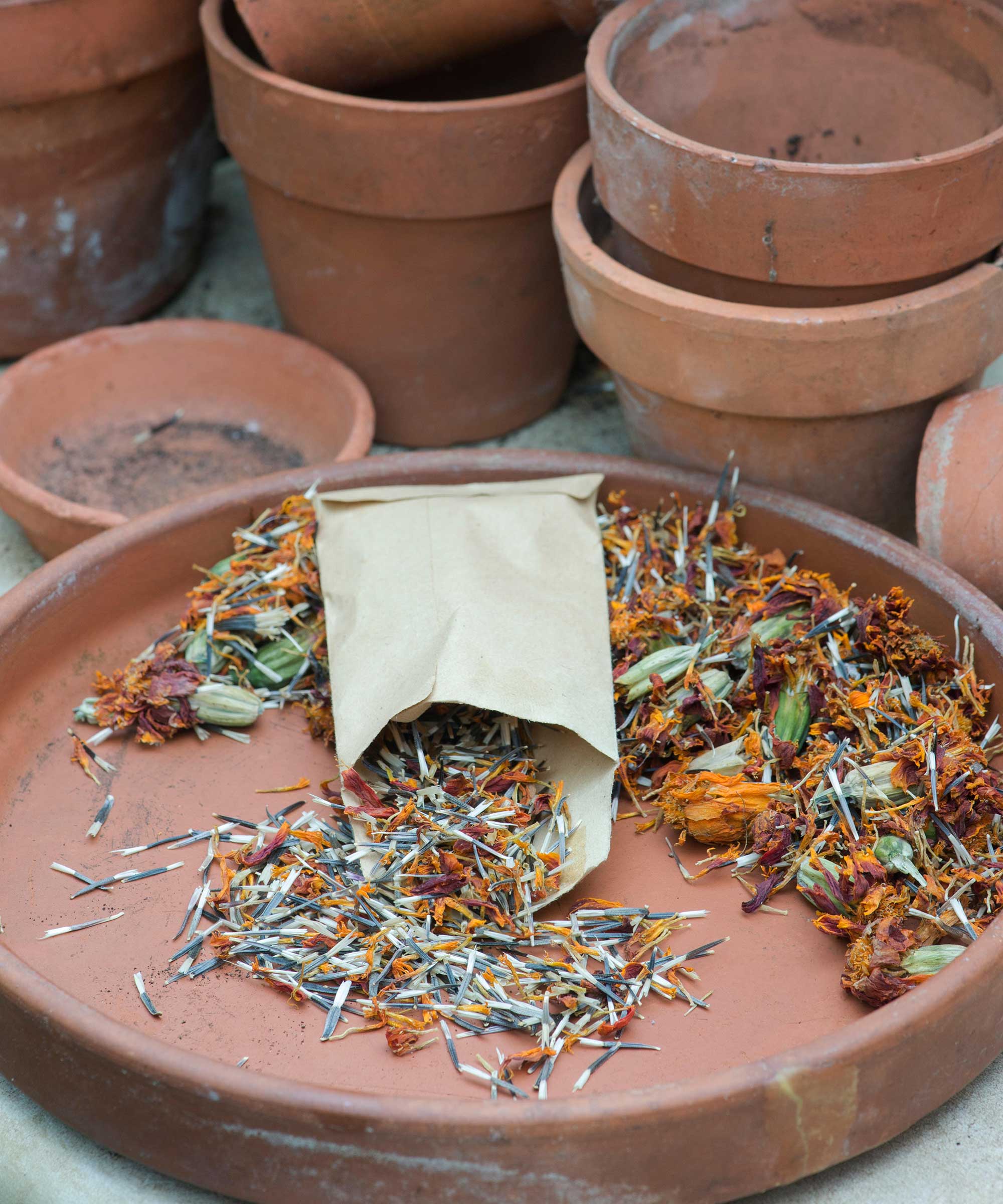
Harvesting marigold seeds is simple
Meredith cuts the seed pods from the plants directly into a brown paper bag or a large bowl. 'Then, I will work on harvesting the seeds in one batch. I simply rub the dry pod between two fingers into the same vessel or brown paper bag to crack the outer covering of the seedhead, revealing the quill-like marigold seeds inside.'
Each pod will produce between 30 to 50 seeds, she says. These can be pulled from the pod. 'The chaff (outer seed covering) can be hand-removed, but will not hurt germination if left to dry with the seed,' she adds.
Once harvested, Jessica advises spreading the seeds on a paper towel and allowing them to air dry in a cool, dark space. 'Once the seeds are dry and brittle (in approximately one week), you can store the seeds,' she says.
FAQs
How should you store harvested marigold seeds?
Meredith Bishop, a cut-flower grower, recommends storing the seeds in a sealed envelope or brown paper bag, labeled with the variety and year. Keep this in a dry, dark place until ready to sow, she instructs.
We like this stylish seed storage box from Katai at Amazon, which includes 20 seed packets plus monthly divider cards. It's perfect for storing saved cucumber seeds or basil seeds, too.
Which varieties of marigolds should you harvest seeds from?
Jessica Mercer of Plant Addicts says, 'Seeds from open-pollinated and heirloom varieties are more likely to come true.' This applies when saving tomato seeds, too.
If you're looking to grow heirloom varieties of French marigolds (Tagetes patula), Amy recommends 'Bolero' and 'Bonita'. For African marigolds (Tagetes erecta), which make great cut flowers, she suggests the heirloom varieties of 'Sugar & Spice', 'Mandarin', and 'Crackerjack' (available from Amazon).
You can still collect and plant seeds from hybrid varieties, Jessica adds. The resulting plants may look different from the parent plants, but they can be fun to introduce to your garden.
There are lots of other flowers you can save seeds from. Our guides on how to harvest peony seeds, how to harvest calendula seeds and how to harvest coneflower seeds, for instance, have lots of useful advice.
Sign up to the Homes & Gardens newsletter
Design expertise in your inbox – from inspiring decorating ideas and beautiful celebrity homes to practical gardening advice and shopping round-ups.

Holly started writing about gardening five years ago, and she is a regular contributor to Homes & Gardens. She has also written many gardening features for Woman & Home and Real Homes, too. She has previous experience as a professional gardener, where she helped to plant and maintain private gardens. Holly has also looked after allotment plots over the years and loves to grow her own flowers and veggies from seed. In her spare time, she enjoys visiting local gardens, botanical drawing, and tending to her ever-growing collection of houseplants.
-
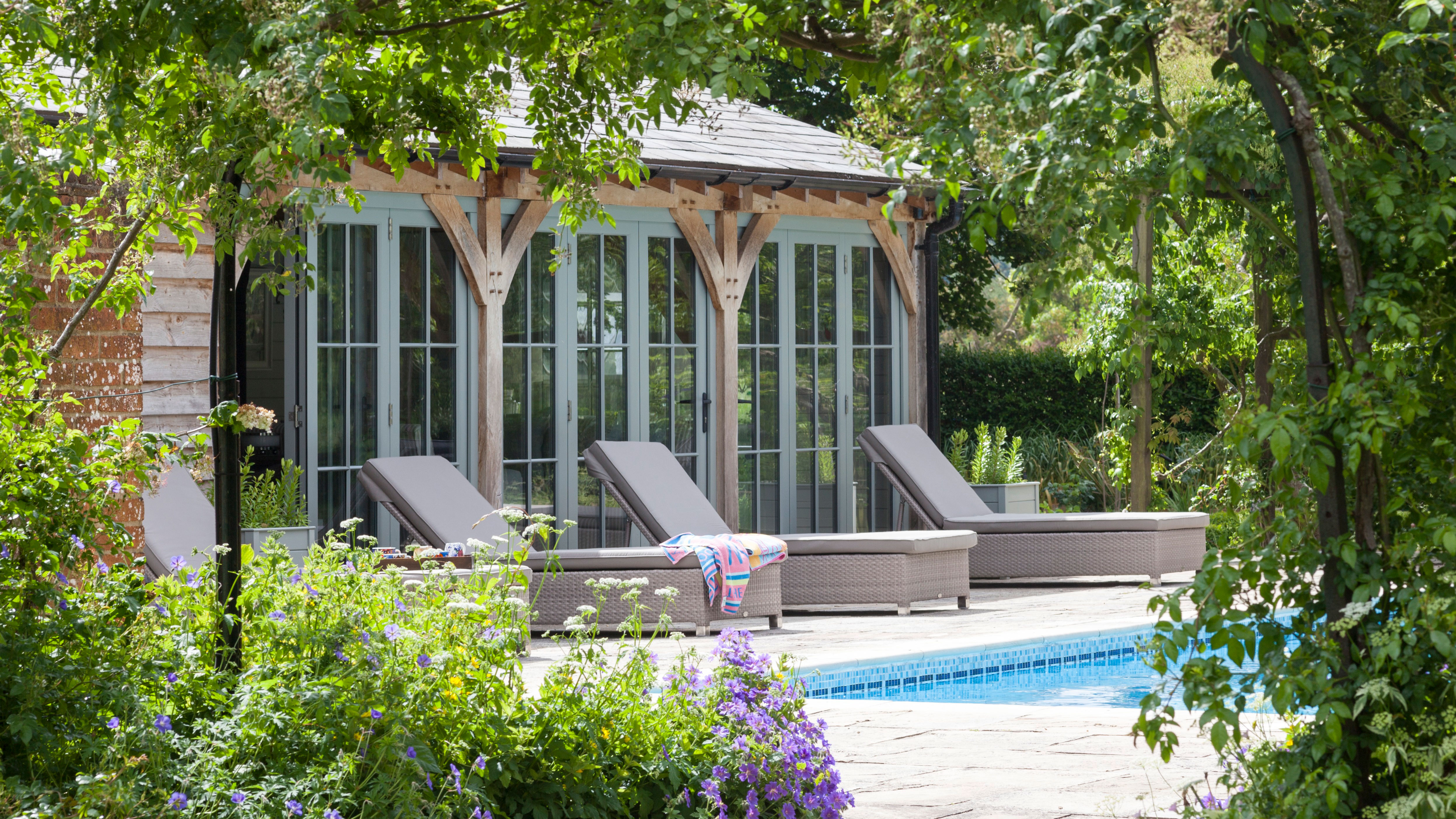 Lidl's brand-new garden lounge chair is so good they've had to limit it to only 2 per a customer – it is low in stock, so you'll need to act fast
Lidl's brand-new garden lounge chair is so good they've had to limit it to only 2 per a customer – it is low in stock, so you'll need to act fastHampton's style is hiding in the Lidl aisles thanks to this budget-friendly recliner
By Jennifer Ebert
-
 Kylie Jenner, Tommy Hilfiger, and Lenny Kravitz transform their homes with prints – the London Original Print Fair Director has a method that makes their look 'accessible and affordable' in your home
Kylie Jenner, Tommy Hilfiger, and Lenny Kravitz transform their homes with prints – the London Original Print Fair Director has a method that makes their look 'accessible and affordable' in your homeCelebrities from the Kardashians to Lenny Kravitz decorate their homes with prints by famous artists, and it's easier to recreate than you might expect
By Sophie Edwards